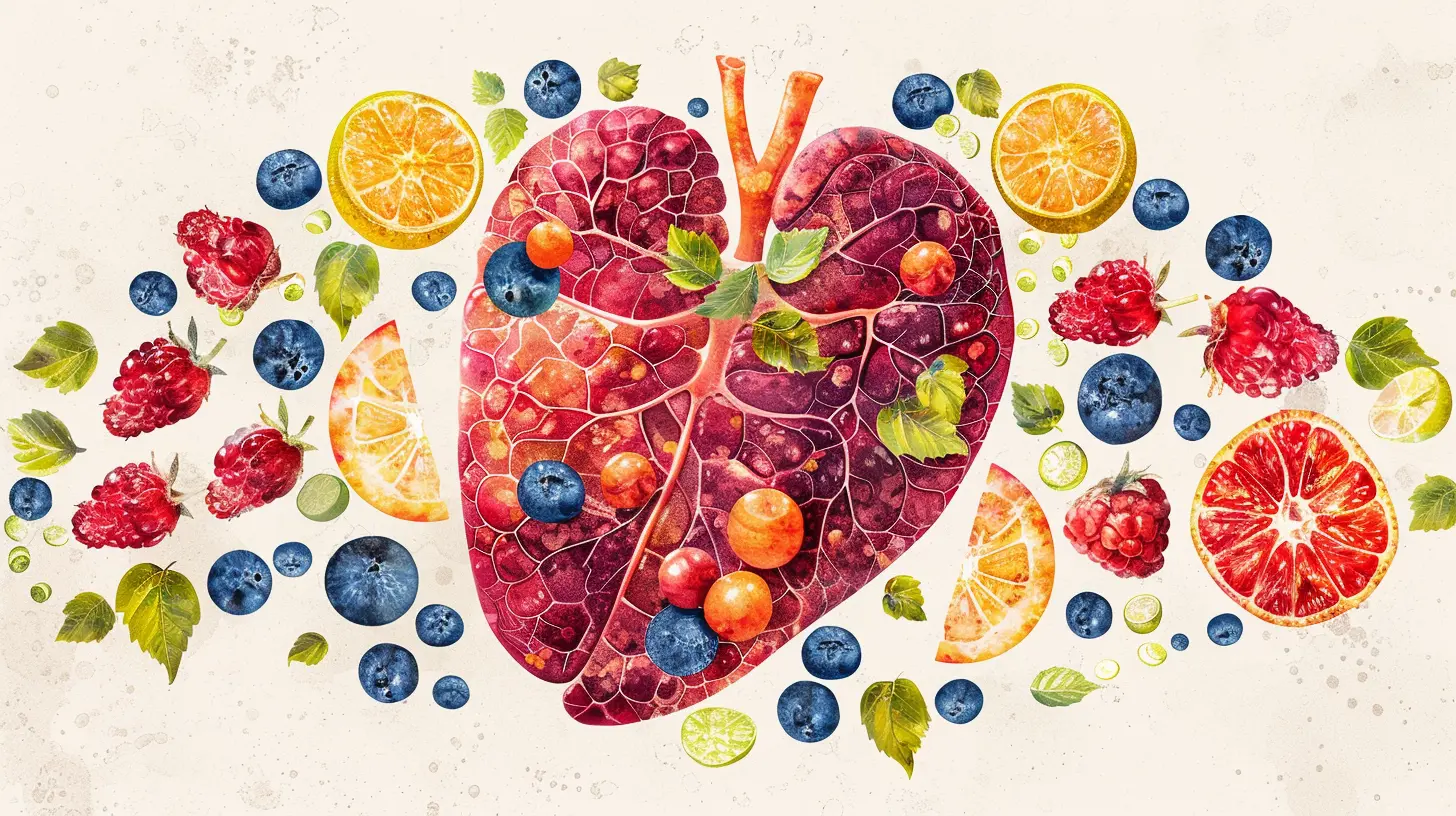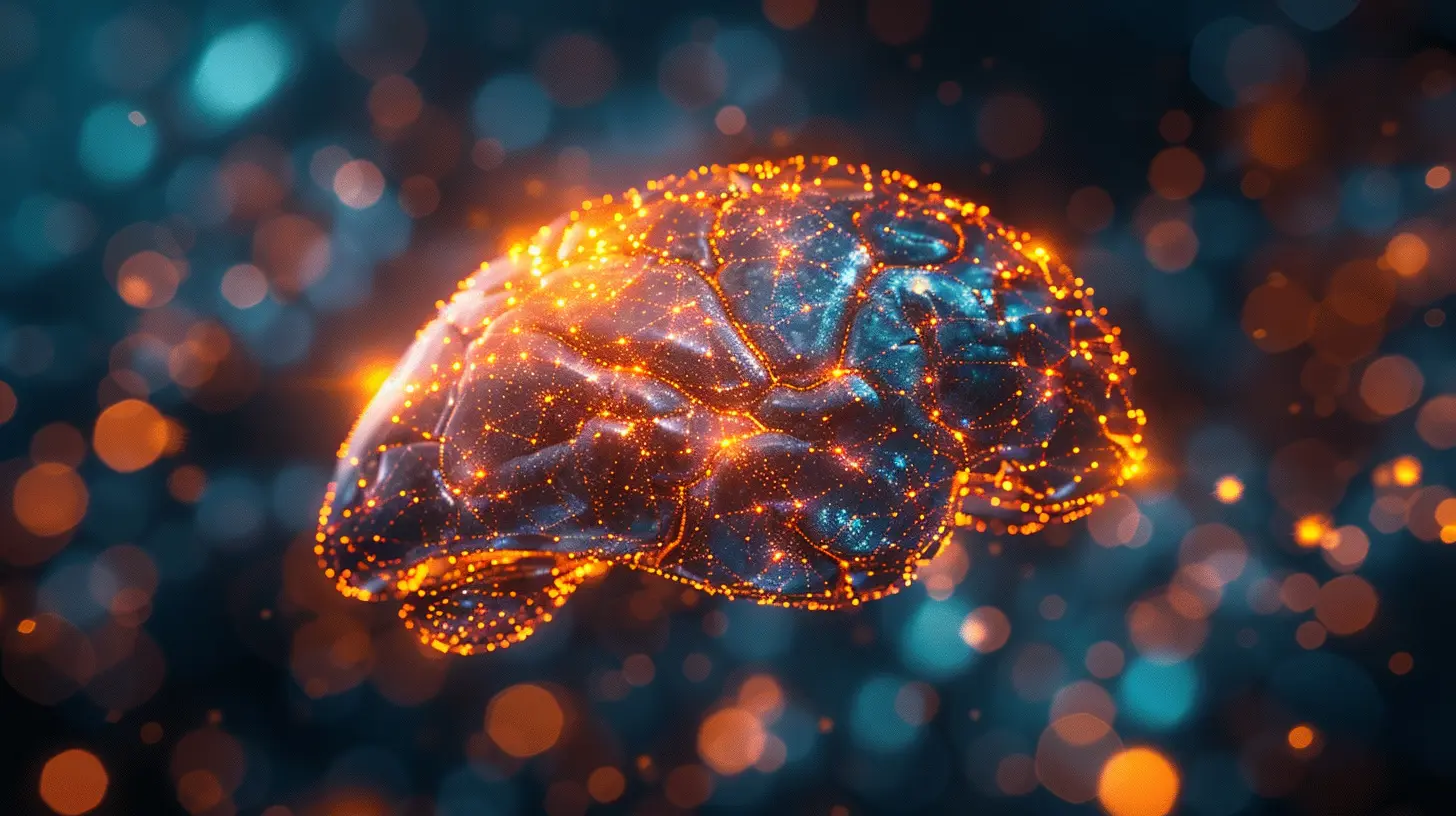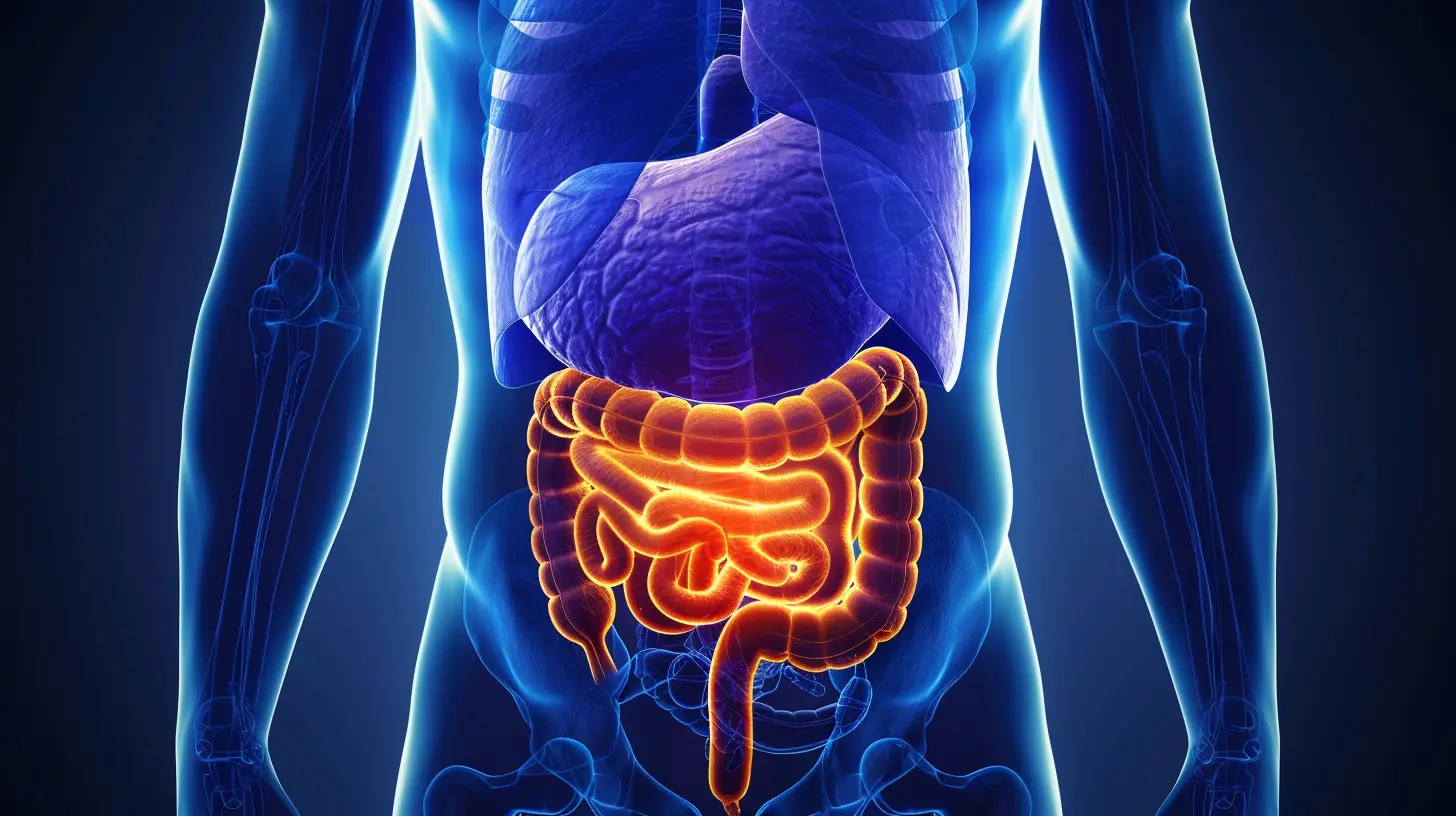How the Liver Impacts Hormonal Balance and What You Can Do
3 July 2025
Let’s get something straight off the bat: your liver is not just your body’s detox squad after a wild weekend. Sure, it’s great at clearing out the bad stuff (hello, margarita overload), but it’s also a hormonal powerhouse that rarely gets the credit it deserves in the hormone health conversation.
If your energy’s tanked, your moods are erratic, your skin’s staging a breakout rebellion, or your cycles are chaotic at best—your liver might be the unrecognized culprit.
In this article, we’re taking a fun, science-backed deep dive into how your liver is secretly running the hormonal show and—here’s the good stuff—what you can actually do about it.
🧠 Wait, What Does the Liver Actually Do?
Glad you asked! Your liver pulls off over 500 vital functions (yes, five hundred), from filtering toxins and metabolizing nutrients, to storing vitamins and managing cholesterol.But here’s where things get juicy: your liver also breaks down and eliminates excess hormones, helping to maintain hormonal harmony. Think of it as the Marie Kondo of your endocrine system—tidying up and tossing anything that doesn't spark balance.
⚙️ The Liver-Hormone Connection Explained (No Fancy Medical Degree Required)
1. Hormone Metabolism is the Liver’s Side Hustle
Hormones like estrogen, testosterone, cortisol, and insulin are all metabolized (aka broken down) in your liver.Once they’ve done their job, these hormones need to be inactivated and escorted out of the body. Your liver processes them so they can be excreted either through your bile (into your poop) or through your urine.
If your liver’s not working tip-top? Guess what—those hormones hang around way longer than they should. That’s like guests overstaying their welcome, eating all your snacks, and messing with your Netflix algorithm. Not. Cool.
2. Estrogen Dominance & Sluggish Liver = BFFs (But Not in a Good Way)
Too much estrogen floating around, unbroken and unbothered? That’s called estrogen dominance, and it can lead to symptoms like:- Bloating
- Mood swings
- Breast tenderness
- Weight gain
- Irregular periods
A sluggish liver often can’t metabolize excess estrogen efficiently. Instead of removing the excess, it re-circulates in your system, causing hormone havoc.
3. The Cortisol-Liver Tango
Cortisol (your stress hormone MVP) also gets deactivated by the liver once it’s done firing up your fight-or-flight response. But if stress is constant and your liver's overworked, it struggles to break cortisol down fast enough. Chronic high cortisol messes with your other hormones like insulin and estrogen, leaving you frazzled, foggy, and possibly gaining fat even while eating carrots.4. Thyroid Hormones? Yep, the Liver’s In on That Too
Here’s the wild part: about 60% of inactive T4 thyroid hormone is converted into active T3 in the liver. So, if your liver is bogged down, it might not convert enough T3, leaving you with thyroid symptoms—fatigue, weight gain, and brain fog—even if your labs are “normal.”
😬 Signs Your Liver Might Be Slacking on the Job
Your liver doesn’t text you when it’s overwhelmed, but it does drop hints. Look out for these classic signs:- Fatigue and low energy
- PMS from the underworld
- Adult acne with a vengeance
- Unexplained weight gain (especially around the belly)
- Poor digestion and bloating
- Mood issues, like anxiety or irritability
- Headaches, especially around your cycle
If this sounds like your current vibe, don’t worry—there’s light at the end of the hormonal tunnel.
🛠️ What You Can Do to Support Your Liver (and Your Hormones)
Ready to show your liver some love? Here’s what you can actually do—starting today.1. Eat Foods Your Liver Likes (It’s Pickier Than You Think)
Liver-friendly foods are your new besties. These include:- Cruciferous veggies (broccoli, cauliflower, Brussels sprouts): Help your liver detox estrogens like a champ.
- Leafy greens: Spinach, arugula, kale—these help flush impurities.
- Beets: They support bile production and flow.
- Garlic and onions: Rich in sulfur compounds that boost liver detox.
- Berries and citrus fruits: Packed with antioxidants that protect liver cells.
- Avocados: Full of healthy fats and glutathione, a liver-loving antioxidant.
Think of your plate as your hormone helper!
2. Cut Back on Foods That Clog the Drain
If you’re constantly feeding your liver junk, it’s too busy dealing with that to manage your hormones efficiently.Avoid or reduce:
- Alcohol (sorry, wine lovers)
- Excess sugar and refined carbs
- Hydrogenated oils and fried foods
- Synthetic additives and highly processed stuff
Basically, if it comes in a crinkly plastic wrapper and you can’t pronounce the ingredients, it’s probably not helping.
3. Fiber: The Unsung Hormonal Hero
Your liver dumps metabolized hormones into your bile, which gets shuttled into your intestines. But without enough fiber, those hormones can reabsorb into your bloodstream like hormonal boomerangs.Aim for at least 25–35 grams of fiber daily from:
- Chia seeds
- Flaxseeds
- Lentils
- Oats
- Vegetables and fruits with skins on
And water! Fiber without water is like flushing without plumbing—it gets messy.
4. Support Detox Pathways with Smart Supplements
Want a little boost? Some natural supplements can support liver function.- Milk Thistle: Famous for liver protection and regeneration.
- Dandelion Root: Supports bile production and liver detox.
- N-Acetyl Cysteine (NAC): Helps produce glutathione, aka your liver’s superhero antioxidant.
- Turmeric: Anti-inflammatory and great for hormone balance.
Always check with your doc before starting any new supplements, especially if you’re on medications.
5. Sweat It Out, Baby
Your skin is your second liver. When you sweat, you help offload toxins—and reduce the burden on your liver.So get moving! Whether it’s:
- Hot yoga
- A brisk walk
- Dancing like nobody’s watching
- Sauna sessions
Just get that blood (and sweat) flowing.
6. Sleep: The Overnight Liver Helper
The liver is most active during sleep, especially between 1–3 a.m. If you’re binging shows, scrolling social media, or having fitful sleep during these hours, your liver’s working with one hand tied behind its back.Aim for 7–9 hours of quality sleep. Your liver—and your hormones—will thank you.
7. Manage Stress Like a Boss
Remember cortisol? Chronic stress raises it, and that can burn out your liver. You don’t need to live in a zen garden, but coping techniques help:- Deep breathing (inhale for 4, hold for 4, exhale for 4)
- Journaling or gratitude practice
- Saying “no” more often (seriously)
- Taking short breaks and moving your body
Stress might be unavoidable, but how you handle it can make or break your hormone game.
🧪 When to Get Professional Help
If you’ve cleaned up your diet, added fiber, hydrated like a camel, and still feel meh, it might be time for some tests. Ask your healthcare provider about:- Liver enzyme panels
- Estrogen/progesterone levels
- Cortisol (saliva or DUTCH testing)
- Thyroid panel (including T3)
Functional medicine practitioners can be especially helpful here, looking at the whole picture—not just one lab result.
💡 Bottom Line: Your Liver is the OG Hormone Helper
Your liver may be tucked away in your upper right side, quietly working day and night, but it has a starring role in your hormonal health story.Balancing your hormones isn’t just about taking birth control or popping hormone pills—it’s about giving your liver the tools, support, and love it needs to do what it already wants to do: keep you feeling good, glowing, and in sync.
So cheers to the underappreciated MVP of hormonal harmony—your liver. Give it veggies, water, fiber, and rest, and it’ll pay you back in energy, mood, skin, and so much more. Hormones? Consider them handled.
all images in this post were generated using AI tools
Category:
Healthy HormonesAuthor:

Madeline Howard
Discussion
rate this article
2 comments
Vireo McCarty
The liver plays a crucial role in hormone metabolism, detoxification, and regulation. Supporting liver health through a balanced diet and hydration can enhance hormonal balance effectively.
November 10, 2025 at 5:18 PM

Madeline Howard
Thank you for highlighting the liver's vital functions! A healthy diet and proper hydration are indeed essential for maintaining hormonal balance.
Gwen McDowney
Liver health is the unsung hero of hormonal balance! Treat it like royalty—ditch the junk, embrace the greens, and keep those hormones in check. Because who needs mood swings when you can strut through life like a boss?" 💁♀️✨
July 13, 2025 at 2:31 AM

Madeline Howard
Absolutely! A healthy liver is vital for hormonal balance. Prioritizing liver-friendly foods can help stabilize hormones and enhance overall well-being. 🌿💪


